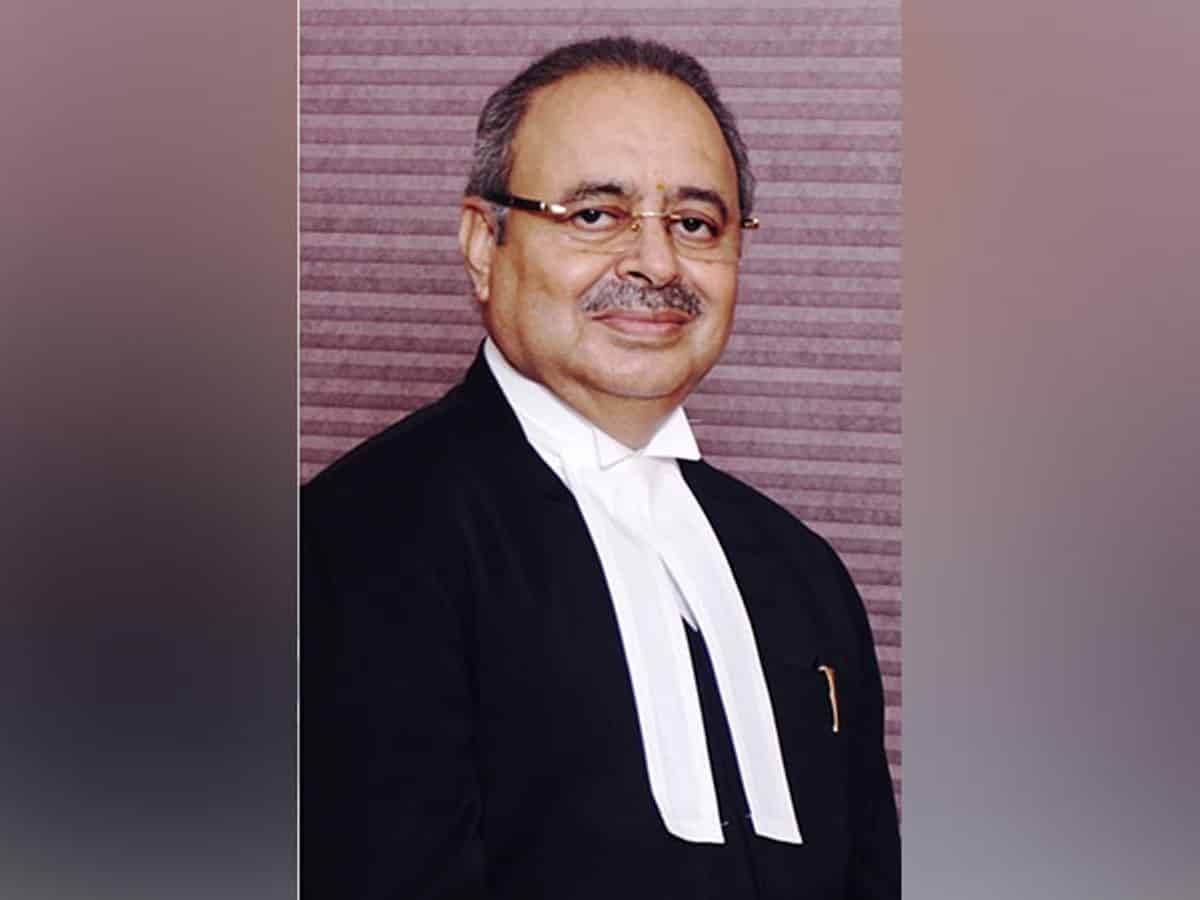
New Delhi: Amid a raging debate over the issue of Uniform Civil Code, Law Commission Chairman Justice Ritu Raj Awasthi on Wednesday said the panel has received 8.5 lakh responses within just two weeks of initiating a public consultation process on the matter.
The Law Commission had on June 14 invited views from all stakeholders, including people and recognised religious organisations, on the politically sensitive issue.
“The responses we have received till yesterday are approximately 8.5 lakh,” Awasthi told PTI.
A uniform civil code (UCC) typically means having a common law for all citizens of the country that is not based on religion. Personal laws and laws related to inheritance, adoption and succession are likely to be covered by a common code.
Implementation of a UCC has been part of BJP election manifestos. Uttarakhand is already in the process of framing its common code. The BJP had promised a uniform civil code in Karnataka ahead of the recent assembly elections.
On Tuesday, Prime Minister Narendra Modi had made a strong push for a UCC, asking how can the country function with dual laws that govern personal matters, and accused the Opposition of using the UCC issue to “mislead and provoke” the Muslim community.
Opposition parties, however, attacked the prime minister for his comments on the UCC with the Congress saying he was making such remarks only to divert attention from real issues such as unemployment and the Manipur violence. AIMIM leader Asaduddin Owaisi asked whether the country’s pluralism would be “snatched away” in the name of UCC.
The Aam Aadmi Party is the only major Opposition party to have said so far that it in-principle supports UCC but wanted its implementation only after wide consultations to build consensus.
Earlier, the 21st Law Commission, the term of which ended in August 2018, had examined the issue and solicited the views of all stakeholders on two occasions. Subsequently, a consultation paper on “Reforms of Family Law” was issued in 2018.
The 22nd Law Commission, which recently got a three-year extension, has now restarted the process and has sought views from stakeholders till July 13.
If need be, the commission might call upon any individual or organisation for a personal hearing or discussion, the present law panel had said in a June 14 public notice.
The consultation paper of the 21st Law Commission headed by Justice B S Chauhan (retd) had said that while the diversity of Indian culture can and should be celebrated, specific groups or weaker sections of the society must not be “dis-privileged” in the process.
The commission dealt with laws that are discriminatory rather than providing a UCC “which is neither necessary nor desirable at this stage”, the paper issued on August 31, 2018, had said.
The consultation paper said most countries are now moving towards recognition of difference, and the mere existence of difference does not imply discrimination but is indicative of a robust democracy.
Article 44 of the Constitution, part of the Directive Principle of State Policy, provides that the State shall endeavour to secure for the citizens a uniform civil code throughout the territory of India.
